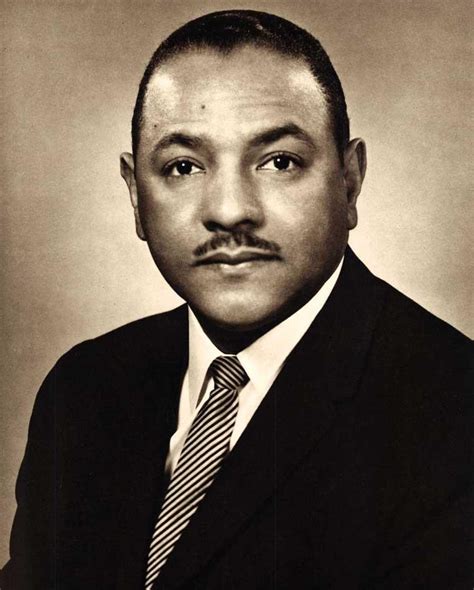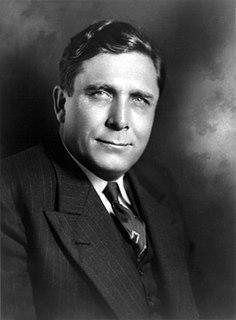A Quote by Philip Zimbardo
Majority decisions tend to be made without engaging the systematic thought and critical thinking skills of the individuals in the group. Given the force of the group's normative power to shape the opinions of the followers who conform without thinking things through, they are often taken at face value. The persistent minority forces the others to process the relevant information more mindfully. Research shows that the deciscions of a group as a whole are more thoughtful and creative when there is minority dissent than when it is absent.
Quote Topics
Absent
Conform
Creative
Critical
Critical Thinking
Decisions
Dissent
Engaging
Face
Face Value
Followers
Force
Forces
Given
Group
Individuals
Information
Made
Majority
Minority
More
Often
Opinions
Others
Persistent
Power
Process
Relevant
Research
Shape
Shows
Skills
Systematic
Taken
Tend
Than
Things
Thinking
Thinking Things Through
Thought
Thoughtful
Through
Value
Whole
Without
Related Quotes
One has to give minority groups a kind of reward, an emotional reward, that it is worthwhile assimilating to this particular majority group. And if this majority group looks down on itself ... If a minority group is not given some pride in assimilating to the culture of another group then the process is very difficult.
Facilitative attitudes (and skills) can help a therapist gain entry into the group Freedom from a desire to control the outcome, and respect for the capacity of the group, and skills in releasing individual expression Openness to all attitudes no matter how extreme or unrealistic they may seem Acceptance of the problems experienced by the group where they are clearly defined as issues Allowance of the freedom of choices in direction, either for the group or individuals particularly in the near future
Exhibitions of minority art are often intended to make the minority itself more aware of its collective experience. Reinforcing the common memory of miseries and triumphs will, it is expected, strengthen the unity of the group and its determination to achieve a better future. But emphasizing shared experience as opposed to the artist's consciousness of self (which includes his personal and unshared experience of masterpieces) brings to the fore the tension in the individual artist between being an artist and being a minority artist.
Psychologists usually offer three explanations for the failure of group brainstorming. The first is social loafing: in a group, some individuals tend to sit back and let others do the work. The second is production blocking: only one person can talk or produce an idea at once, while the other group members are forced to sit passively. And the third is evaluation apprehension, meaning the fear of looking stupid in front of one's peers.
I believed in looking at people as individuals, not in groups. I hated groups; still do. And I saw particularly the university, the university artists really acted as a group. The others didn't so much, but the university people took advantage of that and behaved like a group, rather than as individuals. They had a lot of power that way.
Any group or "collective," large or small, is only a number of individuals. A group can have no rights other than the rights of its individual members. In a free society, the "rights" of any group are derived from the rights of its members through their voluntary individual choice and contractual agreement, and are merely the application of these individual rights to a specific undertaking... A group, as such, has no rights.
In a sense, whites who were always sort of the unthinking majority who didn't think of themselves necessarily as one among many interest groups but is simply the dominant group, now as whites become - are close to becoming a minority of Americans, are becoming a political interest group. And that's what Donald Trump is playing to. And it's a really dangerous, volatile game.
Groups are only smart when there is a balance between the information that everyone in the group shares and the information that each of the members of the group holds privately. It's the combination of all those pieces of independent information, some of them right, some of the wrong, that keeps the group wise.





































